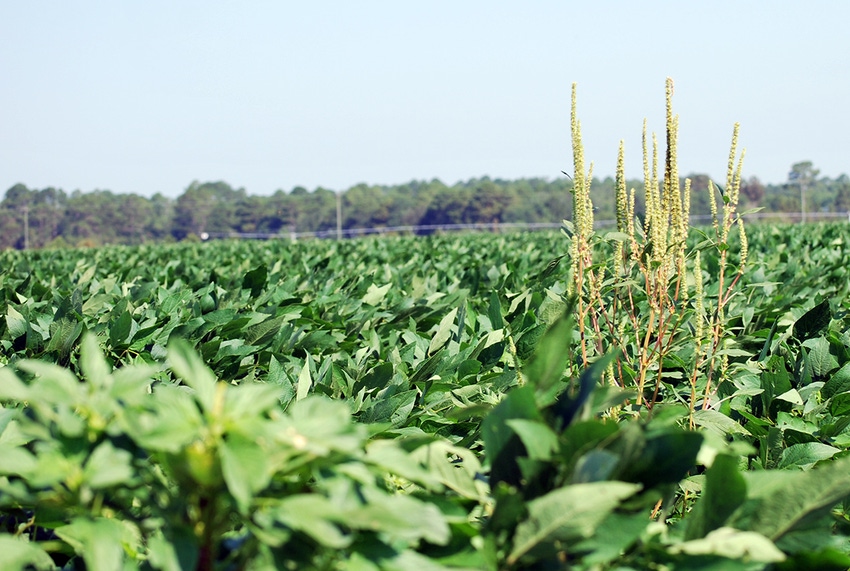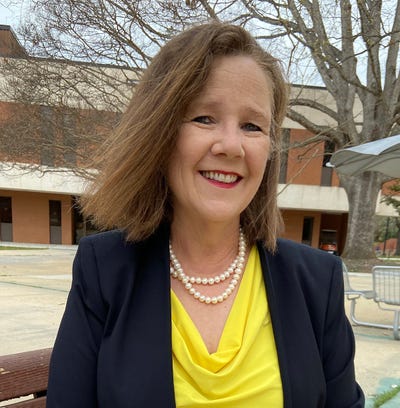
Just hearing “pigweed” can cause fear in cotton and soybean farmers, but a Clemson University geneticist and others believe they have discovered the armor this dreaded weed uses to protect itself against the herbicide glyphosate.
A Clemson geneticist is part of a team that has determined a new means of controlling Palmer amaranth. The researchers have determined a specific genetic feature, the extrachromosomal circular DNA (eccDNA) replicon, gives pigweed, or glyphosate resistant palmer amaranth, its resistance to glyphosate and makes this weed difficult to control.
This discovery could help refine herbicide treatment strategies and combat the rise of resistant weeds, said Clemson geneticist Chris Saski.
“The DNA structure of the eccDNA replicon is sophisticated,” said Saski, an associate professor of systems genomics in Clemson’s Plant and Environmental Sciences Department. “This circular molecule contains functional genes intermixed among complicated repetitive DNA that seemed to have originated from different chromosomes to form the circle. Sequencing it was difficult and was only possible with advanced single-molecule technology, such as provided by Pacific Biosciences.”
Pacific Biosciences is a biotechnology company based in Menlo Park, California.
This discovery provides an explanation of how weeds evolve and adjust to become resistant to herbicides.
Read more at this study at Clemson University.
About the Author(s)
You May Also Like






